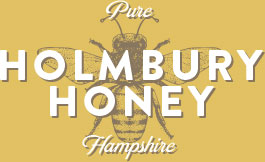Garden friends that need your help.
Interesting facts: if our native UK bees die out we will lose a third of our diet; to make 1lb of honey, a bee has to fly 55,000 miles; Almond trees solely rely on bee pollination;
Bees are essential in pollinating the crops that form our food and the wild plants that grow across the country provide food for much of our wildlife; without bees, the very fabric of our environment will start to change.
There are 25,000 species of bees worldwide; in the UK we hold around 250 species of bees, but it thought that this figure is diminishing. Over the 50 years the numbers of bee colonies have declined, but it’s not all bad news –
In 2013, over 29,000 beekeepers managing around 126,000 colonies were registered in England on the National Bee Unit’s Bee Base database, compared with 15,000 beekeepers managing just under 80,000 colonies in 2008.
What can you do to help save our bees? Let’s have a look at some simple ideas:
